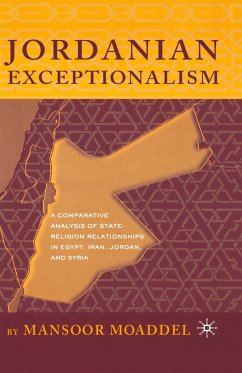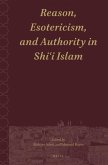The history of the Islamic movement in Jordan displays glaring contrasts with its counterparts in other Islamic countries like Egypt, Iran and Syria. In a marked departure from the frequent and bloody confrontations that have characterized the relationship between the state and Islamic opposition in these countries, the Jordanian Muslim Brothers have been nonviolent, and often defended the state vis-à-vis the challenges of radical ideologies. Following the democratization process by late King Hussein, the Muslim Brothers participated in the 1989 elections. To reconcile their belief in the sovereignty of the shari'a with the secular framework established by the state, the Brothers formed the Islamic Action Front Party with the sole objective of participating in the democratic process. This provocative move had also the benefit of providing additional political space for the more pragmatic and moderate minded Islamic activists, hindering the possibility of a split and thus maintaining the overall unity of the movement. This phenomenon is remarkable because the Jordanian Brothers have ideological and organizational affinities with the Muslim Brothers of Egypt and Syria. Further, the Jordanian state shared with the Egyptian, Iranian, and Syrian states certain structural features. Yet a peaceful cohabitation characterized the relationship between the Hashemite Kingdom of Jordan and the Muslim Brothers. This book explains the state-religion relationship in Jordan in terms of the state's ideology and policies, class formation and the relationship between the dominant classes and the Muslim Brothers.
". . . consistently and impressively on the mark. This timely book deserves to be read by all students of Muslim politics, democratizatio, and social movements. It not only explains 'what is wrong' in modern Muslim politics but provides vital insights into how to get things right." - Robert W. Hefner, American Journal of Sociology
". . . the book provides us with a timely contribution to the sociological literature on religious extremism in the Middle East. It should be read by anyone interested in political Islam or the more general issues of the link between ideas and politics." - Ziad Munson, Contemporary Sociology
". . . the book provides us with a timely contribution to the sociological literature on religious extremism in the Middle East. It should be read by anyone interested in political Islam or the more general issues of the link between ideas and politics." - Ziad Munson, Contemporary Sociology








